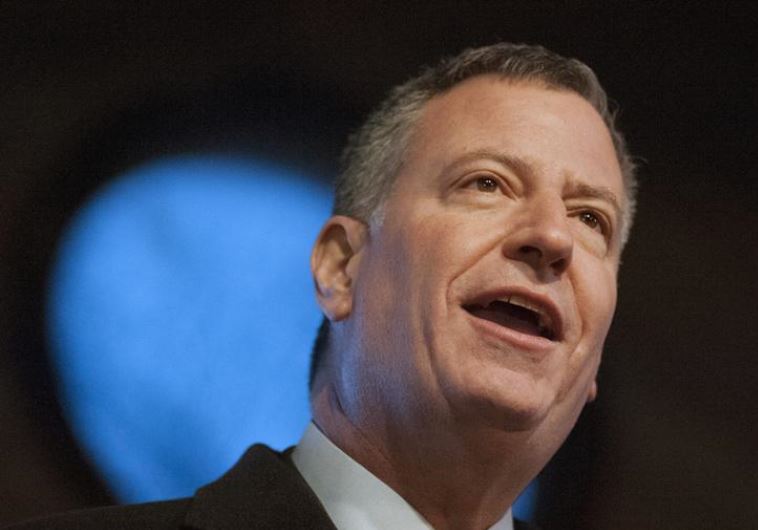NYC Mayor De Blasio defends probe of politically connected Jewish schools
Nine schools were determined to be outside the scope of the probe for various reasons, including one that turned out to be a butcher shop.
 New York City Mayor Bill de BlasioUpdated:
New York City Mayor Bill de BlasioUpdated: